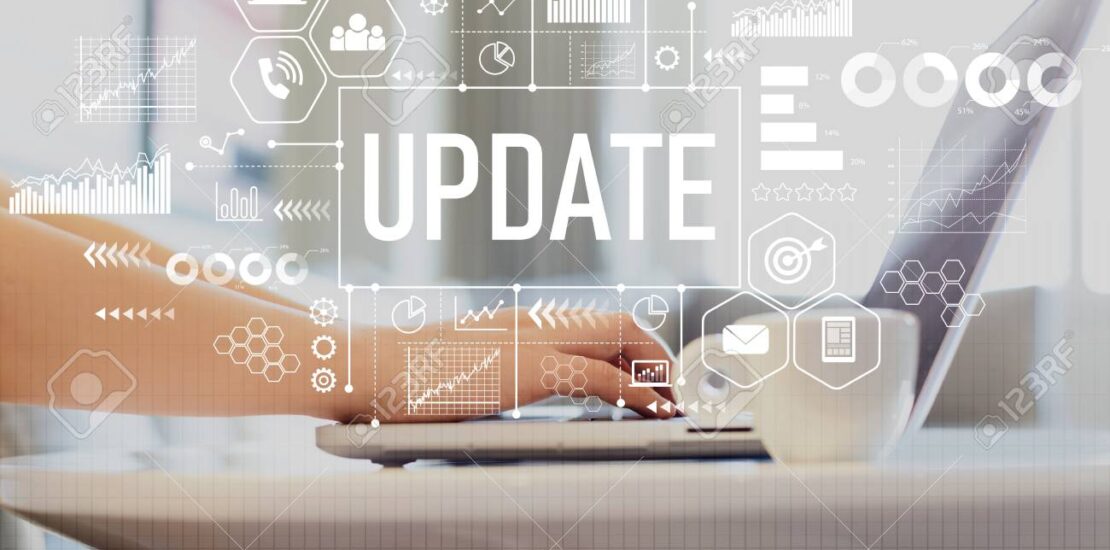DISC
-
Top Recommended Personality Assessments for Sales
- January 9, 2023
- Posted by: Dave Kurlan
- Category: Understanding the Sales Force

My Chrome home page often displays articles that Google thinks I might be interested in. Red Sox, Patriots, politics, software applications, gadgets, and for the first time, sales assessments! I thought, “Is this for real?”
-
The Difference Between OMG and Extended DISC Assessments
- October 7, 2020
- Posted by: Dave Kurlan
- Category: Understanding the Sales Force

When it comes to sales assessments, things are also not what they appear to be. For example, take the FinXS Extended DISC which, at first glance, appears to have much in common with Objective Management Group’s (OMG) Salesperson Evaluations and Sales Candidate Assessments. But are they the same, similar, or is it more like the Chinese rip-off?
Let’s take a look under the hoods of both assessments and then you can decide. We’ll begin with a comparison of the two respective dashboards.
-
New: The 21 Sales Core Competencies for 2020 And Beyond
- September 27, 2020
- Posted by: Dave Kurlan
- Category: Understanding the Sales Force

Like Apple, OMG updates its assessments on a non-stop basis but rolls out significant updates a couple of times per year. Last week OMG introduced the latest revision to the 21 Sales Core Competencies.
There are thirty competencies in all, each with between six and twelve attributes but some are more important than others and OMG measures twenty-one of them in the following three categories:
-
Exposed – Personality Tests Disguised as Sales Assessments
- January 28, 2009
- Posted by: Dave Kurlan
- Category: Understanding the Sales Force
Yesterday, I met with a long-time client who, in his previous company, used OMG’s Assessments to identify what needed to change in order to double revenue from $30 million to $60 million. In his new company, which is already about 12x that size, he wants to double revenue again. He said, “I just wasted two years with the _____ Assessment.” The assessment to which he referred was a personality assessment marketed as a sales assessment. It could have referred to any personality or behavioral-styles assessment.
-
Tale of Two Assessments – Comparing Value
- December 18, 2008
- Posted by: Dave Kurlan
- Category: Understanding the Sales Force
A potential client wanted to know how Objective Management Group could justify the cost of a our license (unlimited candidate assessments for one year or until the specified number of salespeople are hired) versus what seemed at face value to be a lower cost for DISC assessments.
There are several factors here but they are all worth noting.

